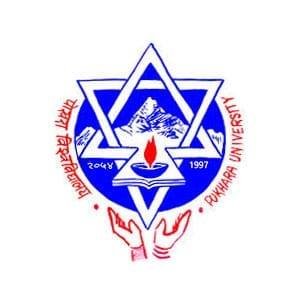The School of Development and Social Engineering (SDSE) which was established to run the constituent programmes of Pokhara University under the Faculty of Humanities and Social Sciences is established with a vision to the “Development Leadership for the Future”. It has the mission to develop itself as the Centre of Excellence in development and social areas of higher education and aims to teach, learn and research the philosophy, theories and practices of development and society as well as to provide training on development and societal transformation.
The School aims to produce junior, mid- and expert level human resources that are capable to provide leadership to the contemporary development and enabling the society and the nation to achieve the desired end of sustainable development and social justice.
SCHOOL PERSPECTIVES
Both society and development take the path of evolution and their studies and stock of knowledge take scientific approach, i.e. achieving intellectual insights, technical know-how and practical skills needed for the dynamic structure, process and behaviour of development and society through understanding, observation and experiment. Thus the study of development and society has brought the immense stock of knowledge from economics, geography, natural and environmental sciences, sociology and anthropology, law, management, and political science into contemporary focus on development and social engineering, to address the future need of the professional, academic and entrepreneurial human resources for development and societal transformation.
OBJECTIVES
The overall objective of the School programmes is to culminate in the knowledge and skills in the interdisciplinary study areas of development and society. Specifically the School aims:
- to enable students and researchers to understand the philosophy, theories and concepts of development and society;
- to enable students and trainees to learn the skills and to practice the methods and techniques of policy formulation, planning and implementation for the sustainable development and societal transfiguration;
- to train students, researchers and trainees to fulfill the demand of professionals human resources required for local, sub-national, national and international development;
- to train students, researchers and trainees to fulfill the demand of academic human resources required for higher education, research and training;
- to develop among students, researchers and trainees effective leadership qualities for managing development and societal transfiguration;
- to educate graduates, researchers and trainees to undertake leadership roles at all functional levels of development, that is local, sub-national (sub-regional and regional), national and international as well as formal levels of development colloquially known as village/municipality, sub-district, district, regional/provincial/ state, central/national and global/international; and
- to develop a Centre of Excellence and academia for development and society.


